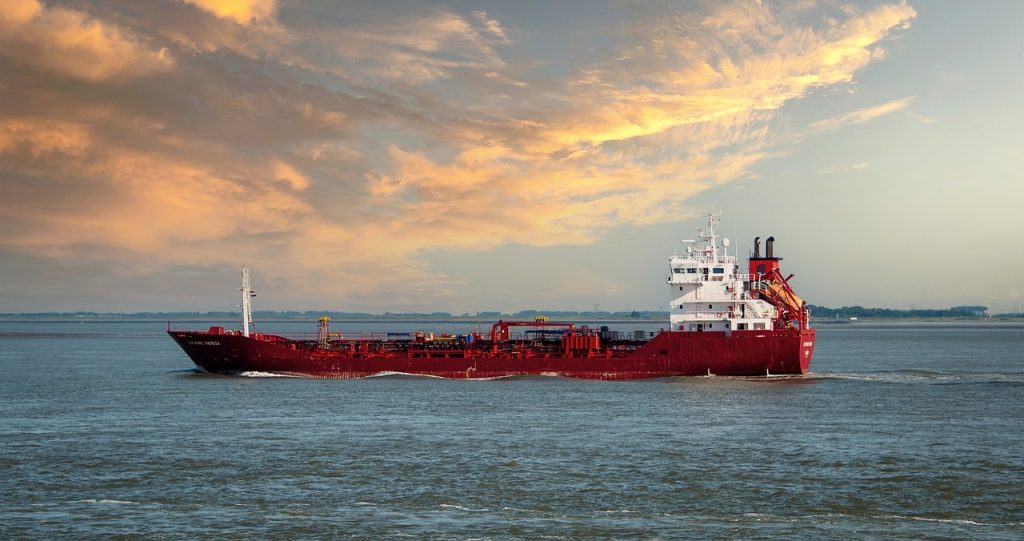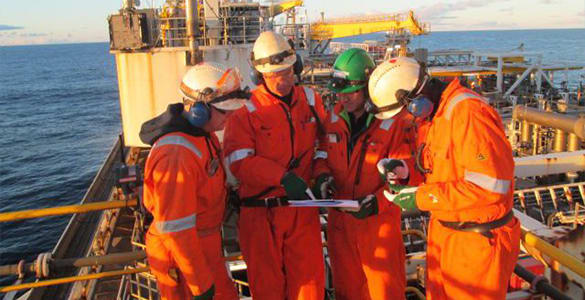
Rising through the Ranks: A Career Path in the Merchant Navy
The merchant navy is a world of adventure, responsibility, and boundless opportunity. From navigating the high seas to maintaining and operating massive vessels, the maritime industry offers a diverse array of career paths, each with its unique challenges and rewards. In this blog, we’ll take a journey through the career path rank-wise in the merchant navy, starting from the early days as a cadet and culminating in the pinnacle of leadership as a ship’s captain or chief engineer.
Cadet Training (Deck or Engine)
A career in the merchant navy often begins with cadet training, which can be likened to the foundation of a maritime career. Cadets are typically fresh recruits who undergo rigorous training at maritime academies or institutions. They are divided into two main categories:
Deck Cadets: Deck cadets are trained to assist with navigation, cargo handling, and general ship operations. They get hands-on experience in tasks like chart plotting, rope work, and deck maintenance.
Engine Cadets: Engine cadets are groomed for roles in the engine department. Their training focuses on the maintenance and operation of the ship’s engines and machinery, including propulsion systems and power generation.
Ordinary Seaman (Deck) or Wiper (Engine)
Upon successful completion of cadet training, individuals may step into their first sea-going roles. These entry-level positions are as follows:
Ordinary Seaman (OS): In the deck department, former deck cadets may assume the role of an Ordinary Seaman. Their responsibilities include deck maintenance, cargo handling, and supporting deck officers.
Wiper: Engine cadets transitioning to sea life might start as a Wiper in the engine department. Their tasks revolve around the maintenance and cleanliness of the ship’s machinery and equipment.
Able Seaman (AB) (Deck) or Oiler (Engine)
With experience and the accumulation of sea time, individuals can advance to the following positions:
Able Seaman (AB): In the deck department, Ordinary Seamen may progress to the rank of Able Seaman. ABs take on more substantial responsibilities, such as steering the ship, handling deck equipment, and participating in navigation operations.
Oiler: In the engine department, Wipers can advance to become Oilers. Oilers play an important role in maintaining and lubricating the ship’s engines, ensuring their smooth operation.
Third Officer (Deck) or Fourth Engineer (Engine)
Further education, additional training, and a longer sea service can lead to promotion to the following positions:
Third Officer (Deck): Deck personnel can advance to become Third Officers. They are responsible for navigation, safety, cargo operations, and more.
Fourth Engineer (Engine): In the engine department, Oilers may progress to become Fourth Engineers, responsible for the maintenance and operation of the ship’s engines and machinery.
Second Officer (Deck) or Third Engineer (Engine)
Continuing their journey up the ranks, individuals may achieve the following positions:
Second Officer (Deck): Third Officers can advance to Second Officers, taking on more significant responsibilities in the deck department, including watchkeeping and safety procedures.
Third Engineer (Engine): Fourth Engineers can move up to become Third Engineers. They are tasked with the maintenance and operation of the ship’s engines and machinery.
Chief Officer (Deck) or Second Engineer (Engine)
At this stage, experienced professionals may reach the pinnacle of the deck or engine department:
Chief Officer (Deck): The Chief Officer, often referred to as the First Officer, is in charge of the deck department, responsible for day-to-day operations, safety, and navigation.
Second Engineer (Engine): The Second Engineer manages the engine department, overseeing the operation and maintenance of the ship’s engines, propulsion systems, and machinery.
Captain (Master) or Chief Engineer
The highest-ranking positions in the merchant navy are reserved for the most experienced and skilled individuals:
Captain (Master): The Captain, also known as the Master, is the ultimate authority on the ship. They are responsible for the overall operation of the vessel, safety, compliance with regulations, and the well-being of the crew.
Chief Engineer: The Chief Engineer is the head of the engine department, overseeing the ship’s propulsion systems, engines, and machinery. They ensure the vessel’s engines run smoothly and efficiently.

Conclusion
A career in the merchant navy is a journey filled with opportunities for growth, adventure, and personal development. The path from cadet to captain or chief engineer is a testament to the dedication, expertise, and commitment of those in this field. Whether your passion lies in navigation, engineering, or the dynamic challenges of sea life, the merchant navy offers a structured and rewarding career path that can lead you to the helm of a ship or the heart of its engine room. This career is not just about ranks and responsibilities; it’s a voyage of a lifetime on the high seas.
